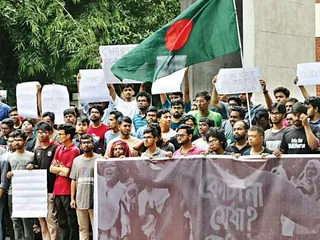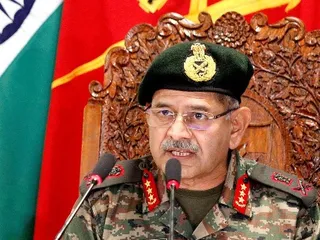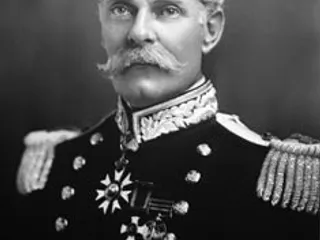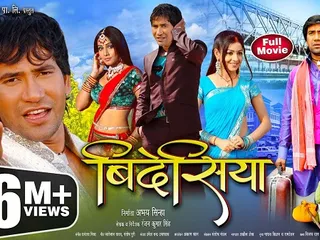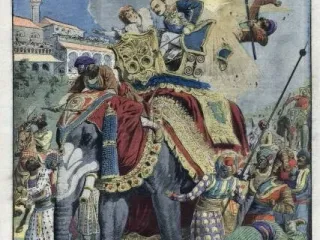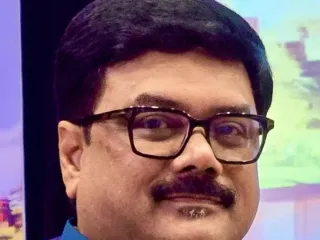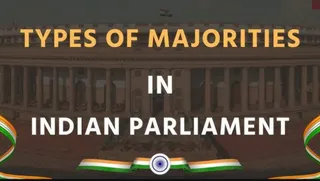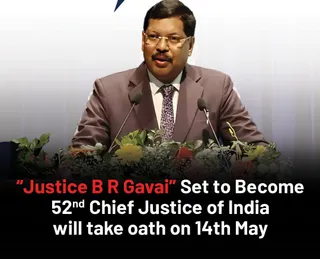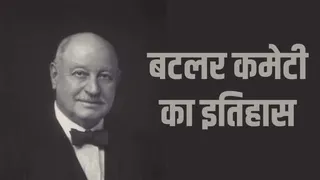Captain Lakshmi Sehgal (1914-2012) stands as a towering figure in Indian history, renowned not only for her medical expertise but also for her unwavering commitment to the nation's independence and social justice. A prominent member of the Indian National Army (INA), often referred to as the Rani of Jhansi Regiment, she embodied the spirit of resistance against British colonial rule. Her life story is a testament to courage, resilience, and unwavering dedication to a greater cause.
Born in a relatively well-to-do family in the then Madras Presidency, Sehgal's early life was marked by a keen sense of social justice. Witnessed firsthand the injustices prevalent in colonial India, her commitment to medicine stemmed not only from a desire to heal but to serve the marginalized sections of society. She pursued her medical studies, becoming a qualified physician and practicing in various parts of India before her involvement in the freedom struggle intensified.
Sehgal's path intersected with the forward-thinking ideologies of Subhas Chandra Bose, the charismatic leader of the Forward Bloc. Deeply impressed by his vision of an independent India, she joined the Indian National Army (INA) formed by Bose during World War II. This army, comprising Indian soldiers fighting alongside the Axis powers, aimed to liberate India from British rule. She volunteered for the INA's medical corps, ultimately rising to the rank of Captain and playing a pivotal role in managing the medical care of soldiers.
Her service in the INA wasn't limited to medical duties; she was a vital link between the army and the civilian population. She inspired other women to join the struggle, demonstrating that women could equally contribute to the fight for independence. The Rani of Jhansi Regiment, one of the INA's most prominent units, symbolized the active participation of women in the fight for India's liberation. Captain Sehgal’s leadership in this regiment became a symbol of women's empowerment during a time when women’s role in public life and politics was severely constrained.
After India's independence, Sehgal continued her commitment to public service and social activism. She became a vocal advocate for women's rights, children's welfare, and social justice, often working tirelessly in the realm of public health and community development. Despite facing imprisonment during the trials of INA personnel after the war, her unwavering commitment never wavered. She remained a staunch socialist and actively participated in political movements, championing causes that promoted equality and welfare for all.
Lakshmi Sehgal's legacy extends beyond her political and military involvements. She was a medical professional, a freedom fighter, a feminist icon, and a symbol of resistance. Her life continues to inspire generations, reminding us of the importance of courage, dedication, and unwavering pursuit of a just and equitable society. She passed away in 2012, leaving behind a legacy that is deeply embedded in India's history and continues to be a source of inspiration for many.



